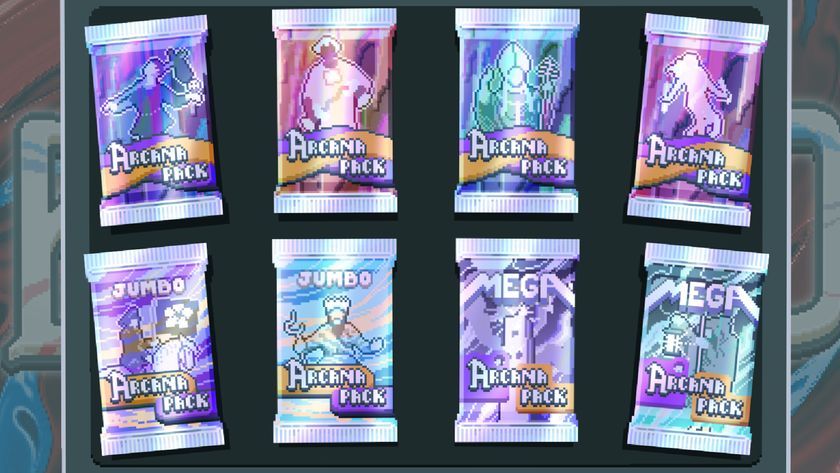Banjo-Kazooie: Nuts & Bolts is a misunderstood gem
Time hasn't exactly been kind to the public perception of Banjo-Kazooie: Nuts & Bolts. Before Rare's recent resurgence, the game was the last gasp of a developer who had been struggling to remain relevant in the 21st century. It was a gamble of innovation that backfired miserably, as it's universally reviled by the series' hardcore fans - fans who were hoping the cartoon bear and bird's first outing on the Xbox 360 was just a prettier, more expansive version of the games they loved on the Nintendo 64.
But Banjo-Kazooie: Nuts & Bolts was not that game. Not even close. Oh, sure, there are musical notes strewn about its hub worlds, and you collect jigsaw puzzle pieces - still referred to as the '90s-tastic 'Jiggies' - and talk to a wide variety of googly-eyed creatures. But other than its name and a handful of characters, it shares little with the games that came before it. And the sooner people can let that go, the sooner people can recognize the game for its own flawed, creative genius.
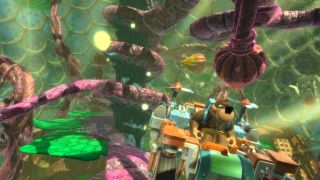
See, Nuts & Bolts isn't a platformer like its predecessors - it's a puzzle game that lets you design and build your own vehicles to solve a variety of challenges. As you play, you'll unlock new parts by finding hidden crates or buying them with the musical notes you pick up, and you can use those parts to create pretty much anything you can think of; as long as it has an engine, fuel, some wheels, and a seat to plop your furry butt into, it'll work. Nuts & Bolts starts out slow, as you're limited to slow-moving land vehicles, but eventually you'll be able to build super-powered hot-rods, sea-based vehicles, and even take to the skies.
It's a jarring transition to go from the more traditional platforming challenges to free-form vehicle creation, but it offers a level of player control and customizability that, at the time, was incredibly rare. For many of its levels, you're simply given a task, like getting someone from point A to point B, and it's up to you to figure out how to do that. So you hop into the vehicle designer, and put together your "masterpiece" - in my case, it's a rectangle with wheels on it - and you drive through the gauntlet of obstacles to get to your destination. The physics are a little wonky, but that just means you get to make your Rectangle of Doom do some sick flips while you avoid enemies and coast around hills.
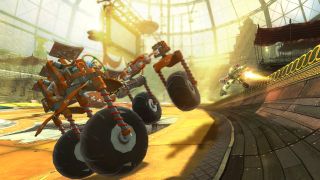
But you know you can do better. You may have won the Jiggy for completing the challenge, but there's an elusive trophy available for those who can finish it faster. So you tinker with your vehicle some more, maybe come back later after you've finished a few other levels and earned some more parts. You think to yourself: "What if I attached helicopter blades to this thing? And a rocket?" And you build, and test, and build some more. Finally, you've got a contraption that bypasses every obstacle the game throws at you and gets you where you need to be in record time.
Nuts & Bolts is filled with game-breaking opportunities like this. It's practically encouraged. Sure, you could try to go along the game designers' prescribed route, but there's usually some way around it, some faster, more efficient out-of-the-box solution available to you, as long as you have the parts available to build it. Nowadays, this level of customizability is practically guaranteed, as Minecraft has ushered in a new era of user creation and ownership. Now, you've got games like Kerbal Space Program that let you toy with astrophysics simulations by giving you everything you need to build your own space rockets, and even Fallout 4 is letting players build their own bases and perform rudimentary programming. Nuts & Bolts helped to lay the groundwork for many of these titles.
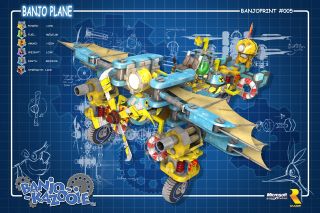
That's not to say it's perfect, and fans' outrage toward Nuts & Bolts is, while hyperbolic, not entirely without merit. It's a game with an identity crisis, and it totally shows. It wants to be that platformer everyone remembers playing when they got tired of Super Mario 64, but it also wants to be a new, wholly fresh experience, and it's never quite able to split the difference. Levels are massive, sprawling outward and upward, and are built this way to allow players to make full use of their created vehicles - but they're also filled with a small handful of collectibles (mostly the staple musical notes), and they're spread out so far that collecting them turns into a massive chore.
Sign up to the 12DOVE Newsletter
Weekly digests, tales from the communities you love, and more
And just look at the hub world: it's filled with the more traditional platforming challenges and puzzles fans expect, but they're poorly implemented, and their presence makes the transition between the hub and individual vehicular puzzles more jarring. In many ways, the hub wants to be the game everyone wanted it to be, but it's a constant, glaring reminder that 95% of it just isn't.
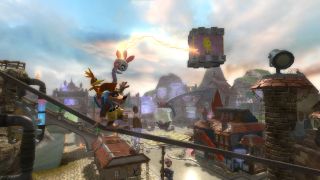
If you're looking at Nuts & Bolts as a quote-unquote Banjo-Kazooie game, then it really isn't what you're looking for at all (hell, the game's loading screens even remind you as much). But if you set aside those expectations and take it for what it is, you'll find that there's a totally different kind of magic at work here - a magic that lets you find new and exciting ways to completely break its intended experiences.
Thanks to Rare Replay, I'm grateful that people will be able to experience Nuts & Bolts again, divorced from all the hype and expectations that surrounded its original release. No, it's not perfect, but it tried to take a previously established and beloved franchise and turn it into something completely different. It may have been a bold experiment that didn't pay off at the time, but I respect the hell out of it for trying.
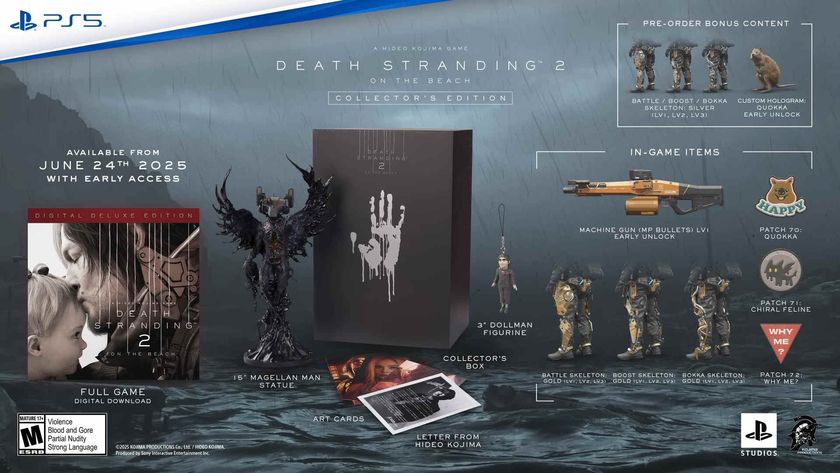
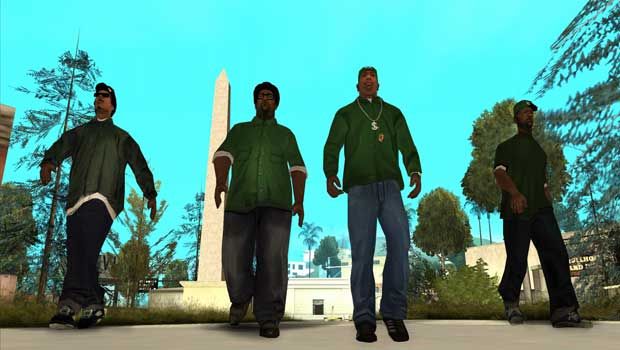
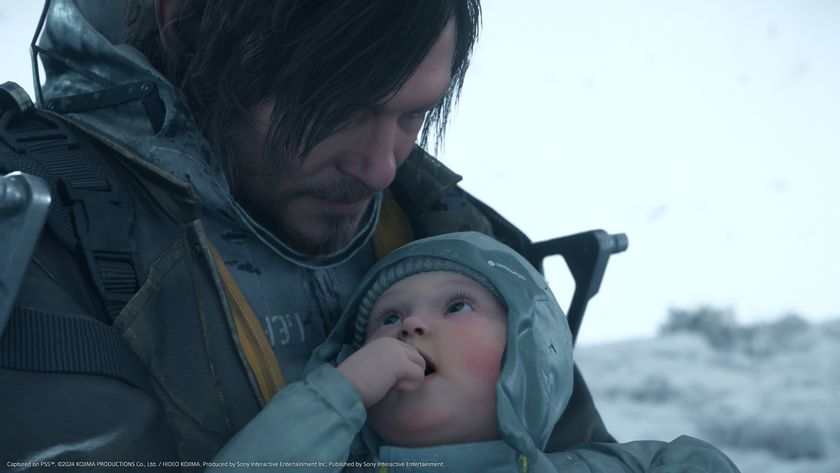
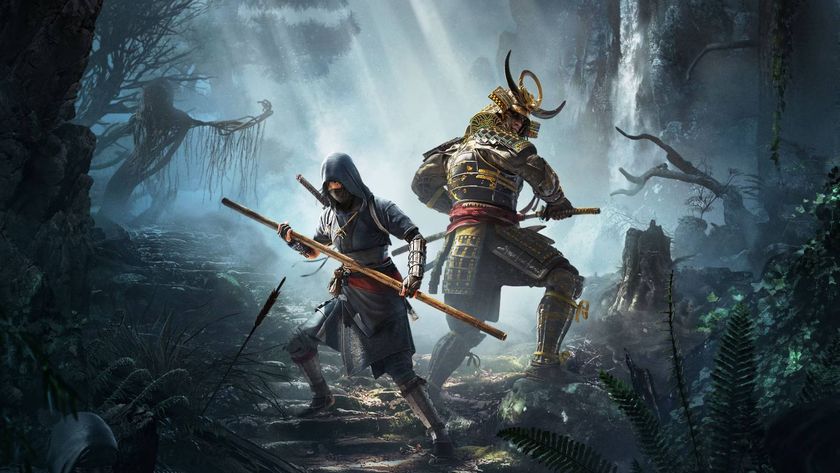
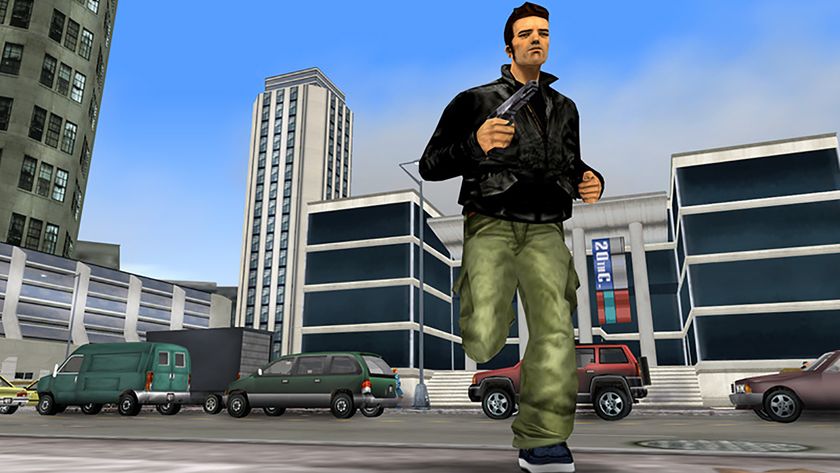
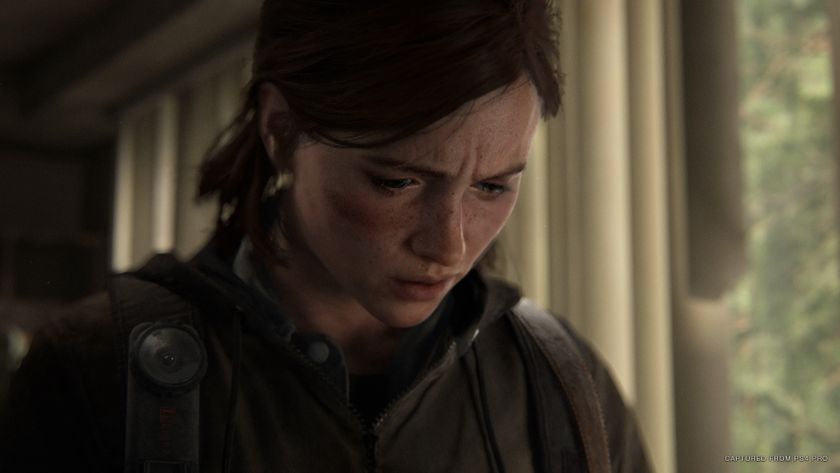

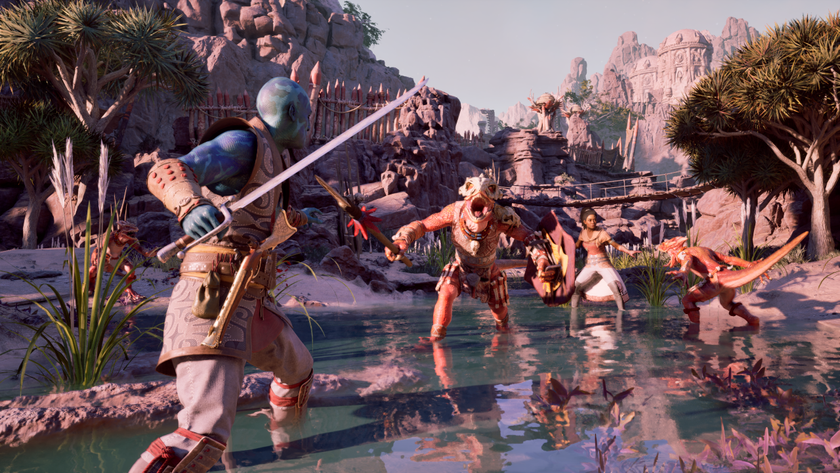

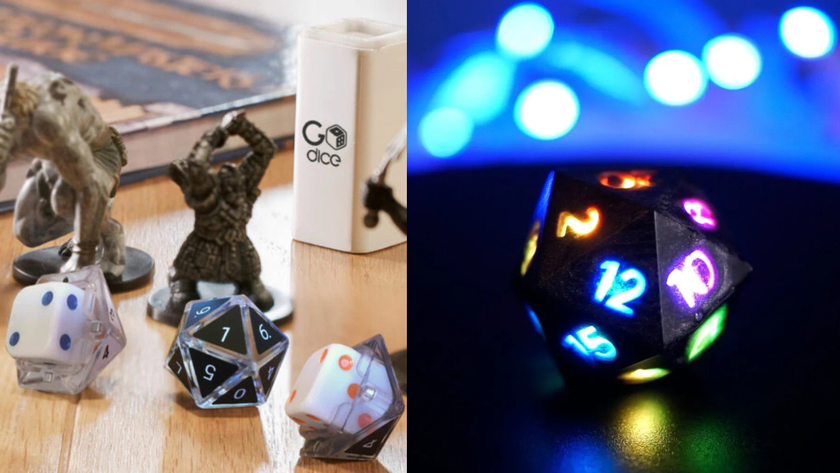
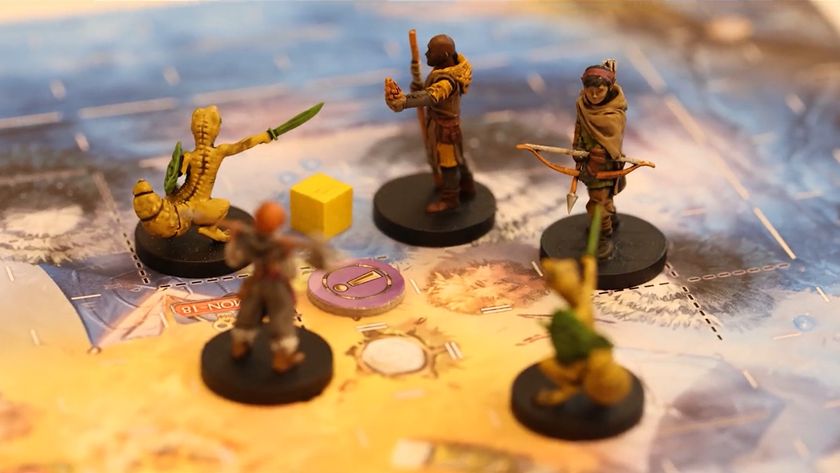


Hideo Kojima reveals Death Stranding 2: On the Beach release date, and the Collector's Edition includes exactly what I predicted it would

Former Xbox boss says GTA: San Andreas and its infamously NSFW Hot Coffee minigame "signified a maturing of the industry" and put games "on par with movies and music"

